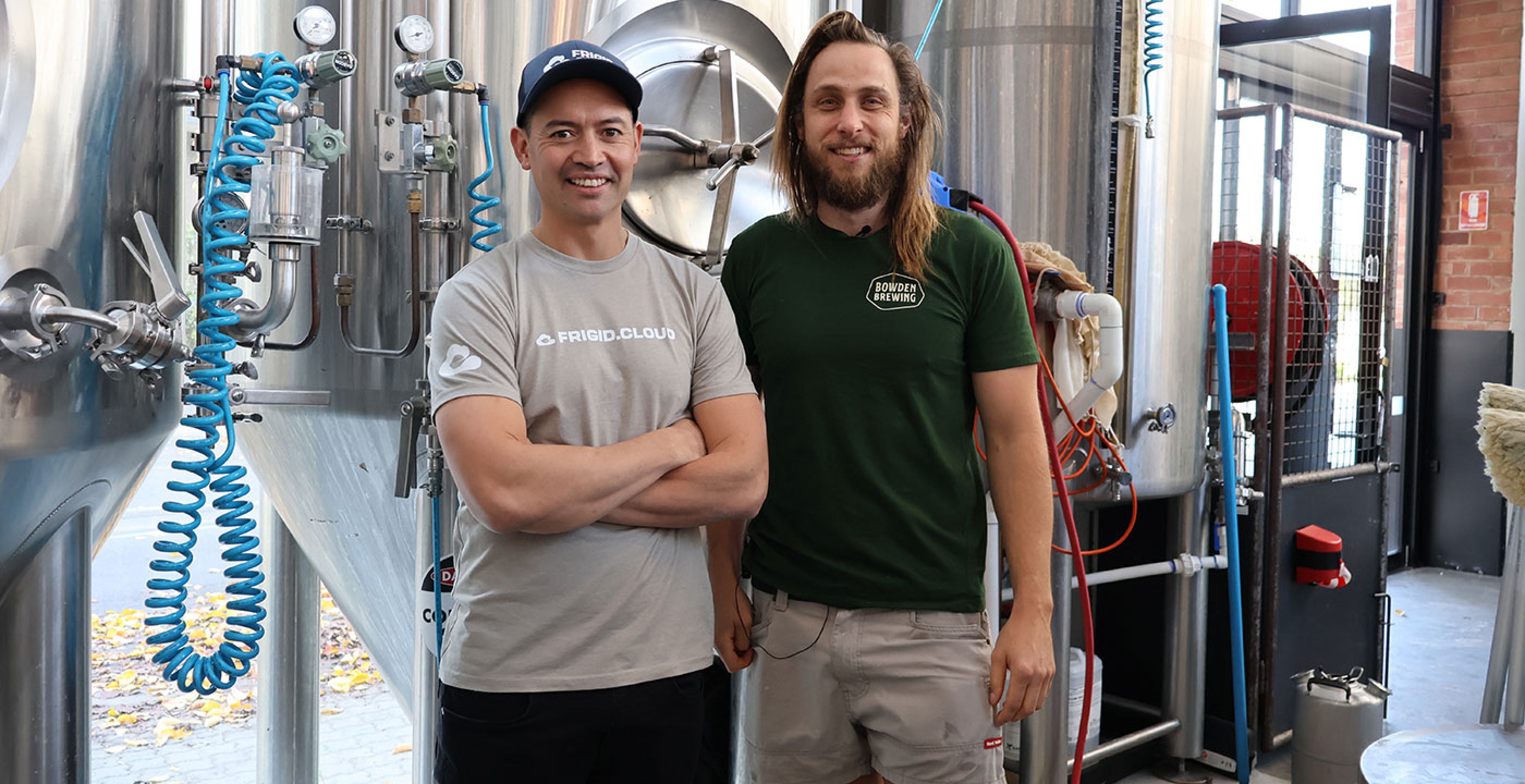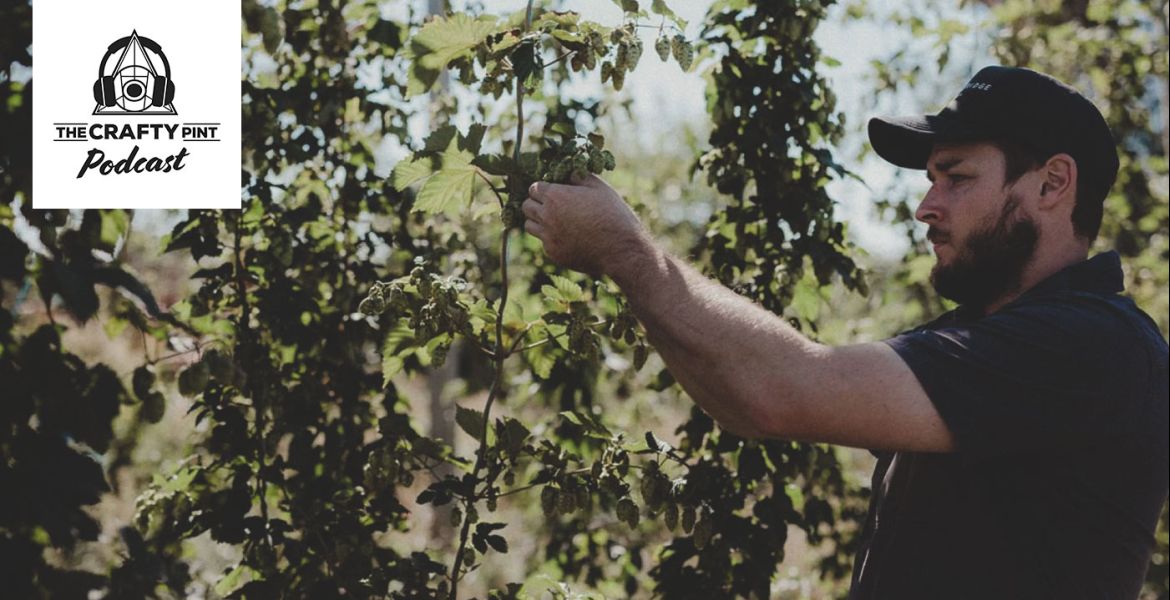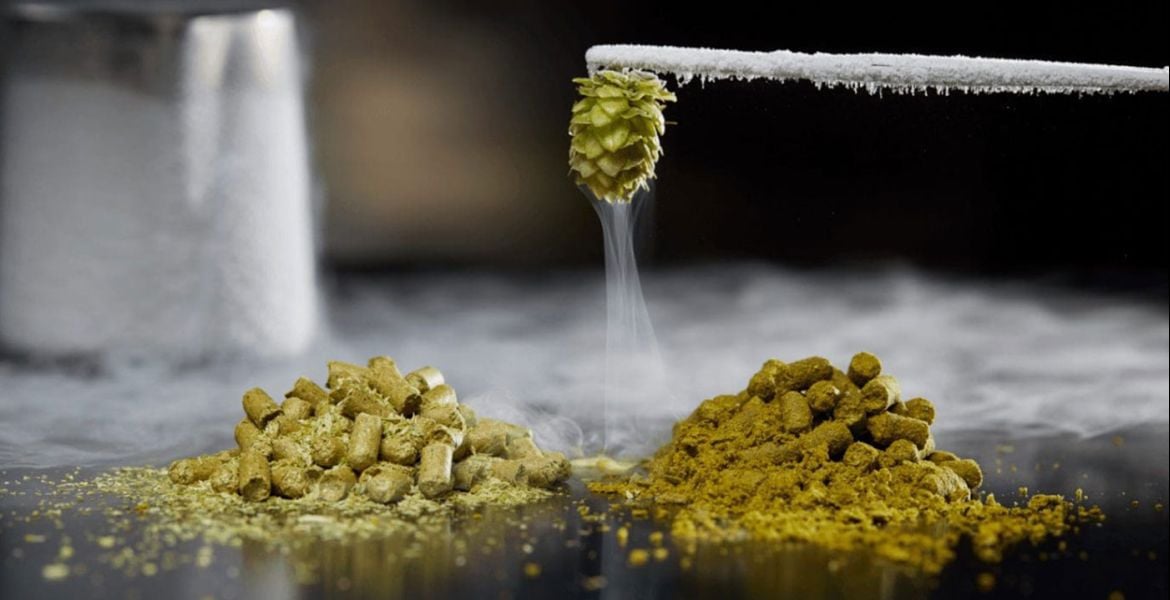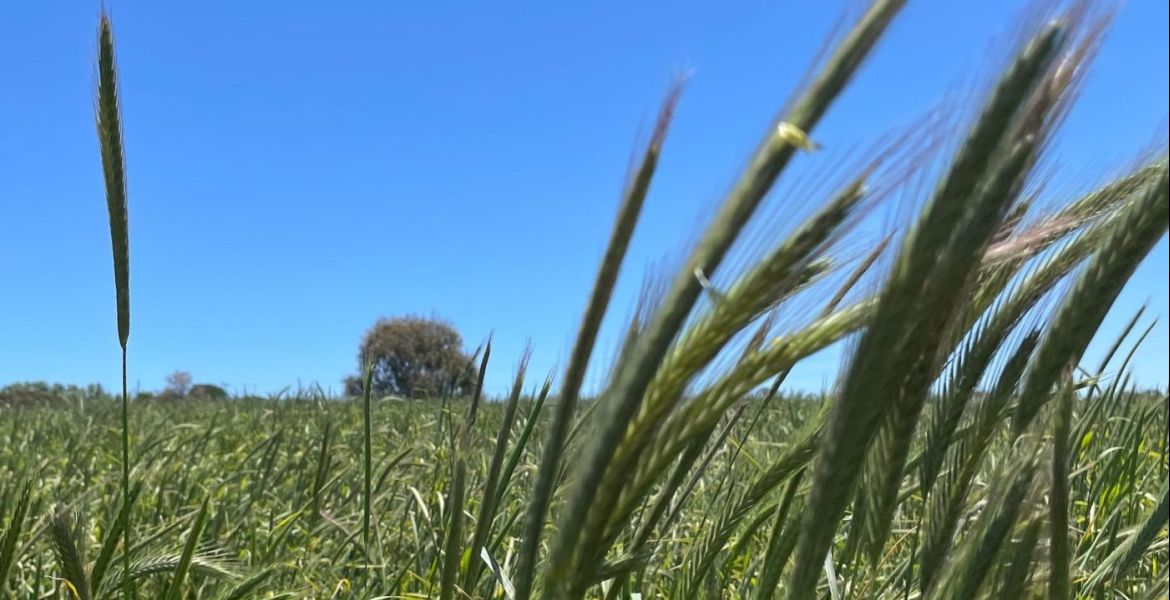Collaborations have long been a common feature of craft beer. In recent years, many breweries have been putting a greater focus on finding more sustainable methods of brewing.
So what happens when you look to brew sustainably in collaboration with your local community at every turn?
In the case of a new project in South Australia, you end up with mushroom tacos.
Beers Don’t Grow On Trees is a joint venture between Adelaide-based Bowden Brewing and Frigid.Cloud, the cloud-based sustainable platform giving brewers greater control over fermentation that you can read about here.
Frigid.Cloud co-founder Jassa Amir-Lang says they were eager to see how far they could push the mantra of sustainability in beer and, after teaming up with Bowden as their brewing partners, wanted to bring in other small South Australian businesses.
“We’ve got a big belief in community-driven products from our platform,” Jassa says. “We’re always working with clients and trying to get a clear idea of their wants and needs.
“The questions we started with were: How much can we reuse? And how sustainable can we make this beer?
“From that original discussion, it has evolved every step of the way.”
Indeed, as Bowden's co-director and head brewer Alex Marschall explains, they started with a concept of keeping carbon miles down, which led them to design the beer with entirely South Australian ingredients.
“It’s something we wanted to do with a beer for a long time,” he says. “And we wanted to bring in some other businesses to show what was possible in terms of sustainable beer.”

Among the locals involved in the unique project is a maltster who hasn’t even officially launched. As such, we can’t use their name in this article, but what caught Alex's eye was their ability to supply one particular grain.
“All the malt is locally sourced,” he says, “but the key speciality malt in terms of sustainability is Kernza.
“It’s starting to be used a little bit in the craft beer industry overseas but [the maltsters] managed to get some grown over here.”
Kernza’s key point of difference from most other grains used in brewing is the fact it’s a perennial. This means the wheatgrass doesn’t need to be re-sown each year; it develops a deep root system that stores a significant amount of carbon while also improving soil health.
As for its impact in brewing, Alex says it contributes quite a rich, nutty flavour.
It's not the only unusual ingredient in the grain bill either: the collaborators also called into The Lost Loaf, a bakery that sits inside the same precinct as Bowden.
“They kept a lot of stale bread,” Alex says. “Then we supplemented some of our mash with their bread and pastries as well to minimise their waste cycle.”
Whole flower hops – chosen as they'd not been processed or pelletised, thus reducing the energy input – were sourced from Barossa Valley, with fermentation duties handed to a kveik strain from Ferveo Yeast, which brought another benefit beyond being produced in Adelaide.
“That’s an attempt to have zero cooling during primary ferment,” Alex says. “To save energy, we’re using kveik yeast and fermenting it hot.”

When they finally have a glass of the beer in their hands, drinkers can expect Kernza's nuttiness alongside doughiness from the bread, herbal and earthy notes from the hops, and a tropical element courtesy of the yeast.
“It will have characters of all the specialty ingredients,” Alex says. “I guess I’d call it a non-traditional pale ale.”
Beyond the choice of ingredients, Bowden looked to reduce their own inputs while brewing, including through the use of Frigid.Cloud’s technology.
“We’ve given it a really long tank conditioning and settling time to let it really compact down and minimise the waste there,” Alex says.
“We are fermenting under pressure from the start to try and recapture much of the byproduct, the CO2, from fermentation. Because we are leaving in the tank for a long time, when we've got other parallel ferments going we'll be able to use their excess CO2 to top up this beer’s carbonation as we go.
“So it’s a closed-loop fermentation.”
Naturally, the beer won’t be packaged, while anyone who buys a pint when Beers Don't Grow On Trees launches at the brewery on National Tree Day will have a tree planted for them via a partnership with EverGreen Gardening, the City of Charles Sturt and Unity Housing.
Spent Mushrooms, Anyone?

OK, so where do the mushrooms enter the picture?
Bowden’s spent grain has been sent to Westside Mushies, an Adelaide business that grows mushrooms for the city’s restaurants. For this project, the team collected the brewery’s grain to create spent grain mushrooms for tacos that will be served at the launch.
“But we’ve gone one step further as we’ll have spent mushroom substrate,” Alex says. “That in turn goes into a garden program [with EverGreen Gardening] and ultimately comes back as another food source next season.”
That’s a whole lot of “how” but as to the “why?” Alex says they wanted to break down the inputs every step of the way from farm to pint so drinkers could better understand what goes into brewing. Designing the beer highlighted just how many steps along the way offered them a chance to have a positive impact so, when they get to pouring pints at the brewery, they’re eager to get the message across.
“People do drink beer all the time and never really know what goes into it,” Alex says. “It is a pretty resource-intensive process from a raw material point of view.”
For Jassa, the collaboration showed what is possible within the wider industry. He highlights how many of the businesses involved are in their infancy – or don't officially even exist in the case of the maltster – including Ferveo and Frigid.Cloud, which only launched around 18 months ago yet already has clients in the States.
“No pun intended,” he says, “but it is really nice to see these green shoots in the industry, with new companies coming up on what is a bit of a sketchy landscape of late.
“That reassuring; there’s people out there doing new things all geared towards sustainability.”
If you'd like to try a "Sustainable Ale" and spent grain mushroom tacos, head to Bowden on National Tree Day.
If you're interested to learn more about the use of sustainable and regenerative grains in brewing and related industries, check out the Good Grain initiative. We wrote about its origins here, will be at the first Good Grain Gathering in Brisbane in October, and encourage all brewers to look into adding more sustainably-grown and produced malts where possible.
The Westside Mushies photo is taken from their Facebook page, check it our here and their Instagram here.




















